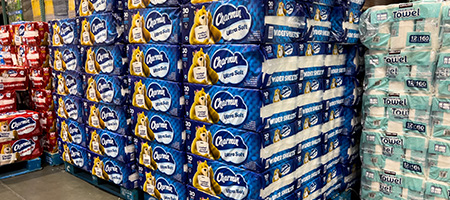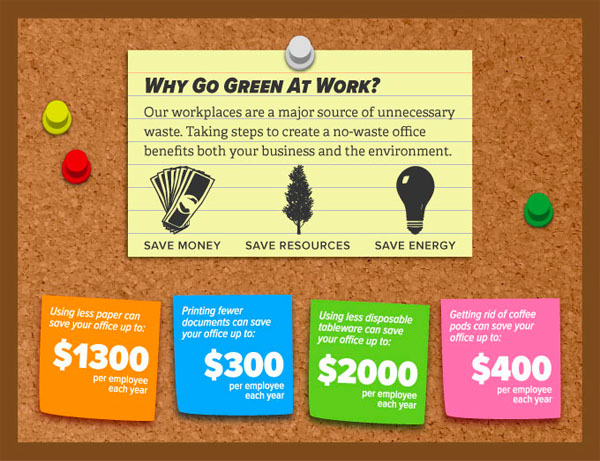How to Reduce Waste at Home

How to Reduce Waste at Home
Want to learn how to reduce waste at home? Our garbage-saving tips will make your home and lifestyle greener and maybe even save you some money. At the least, you can even give yourself a pat on the back for taking a sustainable step forward.
Consider reusing, recycling and reducing the following items to reduce waste at home:
1. Use Reusable Bags and Containers
Reusable bags and containers can dramatically cut down on waste in the kitchen. Whether you’re packing your child’s lunch for the fourth time this week or headed to the grocery store, avoid using throwaway containers and plastic bags. Make sure the bags and containers you do use are either recyclable or reusable.

2. Avoid Individually Wrapped Items
Cheese is great. Individually wrapped cheese is not great. Purchase cheese that isn’t individually wrapped. Use those three short sentences as your shopping mantra for everything you buy at the grocery store. Let your food run free and unrestricted from individual wrapping. Always double-check the packaging of the food you’re purchasing to avoid bringing home a lot of potential trash.

3. Reduce Unwanted Mail
Reducing waste at home starts and ends in your mailbox. By opting into online billing, you can transfer documents from your physical mailbox to your digital mailbox. On top of that, taking a few minutes to opt out of junk mail will save reams of paper on a weekly basis.
4. Plan Out Your Meals
Preparation is the key to reducing food waste at home. While that statement encapsulates much of what is written in this post, it especially applies to meal planning. Creating a running list of items you need to buy will help reduce food waste at home and give you a better idea of when you need to go to the store.
5. Buy Items in Bulk
Buying items in bulk shouldn’t be confused with purchasing ten dozen cookies just because they’re on sale. Perishable items shouldn’t be bought in large quantities, but buying household items like toilet paper and trash bags in bulk can save you money and reduce waste at home.

6. Compost Food Scraps
From collecting grass clippings to saving fruit peelings, composting can work its way into your life in a variety of ways. By putting in the extra effort, you can reduce the amount of waste you produce and save it from piling up in landfills. Plus, with a little patience, you can use it to maintain a garden or improve the structure of your soil.

7. Go Paperless
While scrolling through Snapchat filters is a whole lot of fun, phones can also be used for real-life tasks. Keeping track of your schedule, jotting down notes and storing tickets to a game can all be done on your phone. Using your phone to its full capacity will help reduce paper consumption and keeps all of your important documents in one place.
8. Donate Gently Used Items
Donating your old clothes to your local Goodwill or church will help reduce waste at home and do some good in the community. Start digging through your closet and be generous with what you choose. This will also free up closet and drawer space and make it easier to pick out what you want to wear.
9. Borrow and Rent Tools
Sharing sparingly used tools between neighbors helps reduce energy waste at home. This strategy can also help you save space and a significant amount of money. Remember to return the favor when they come knocking.

10. Forget the Clutter
It’s easy to get lost in your favorite department store. You come in for dish detergent and you leave with two pairs of shoes, a new rug and an enormous bag of trail mix, but no detergent. It’s best to limit these kinds of events and stick to the plan of buying what you need. Then you won’t have to worry about clutter and pitching items you never used.




